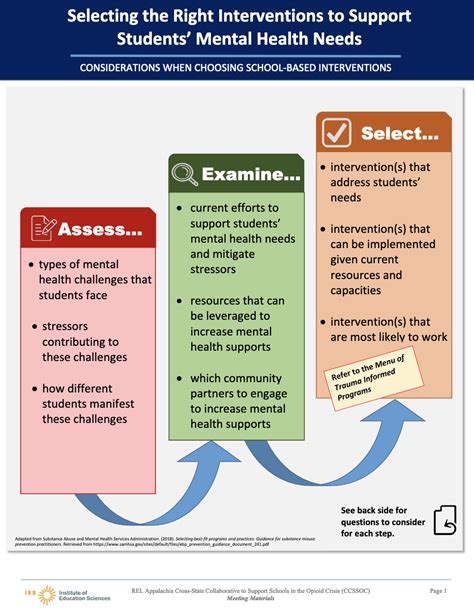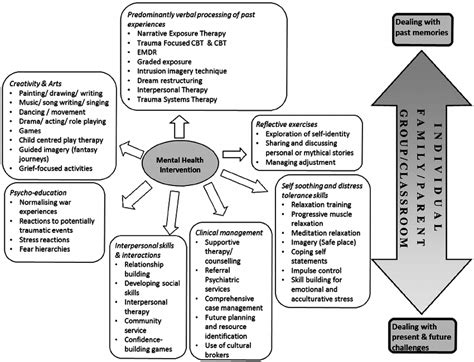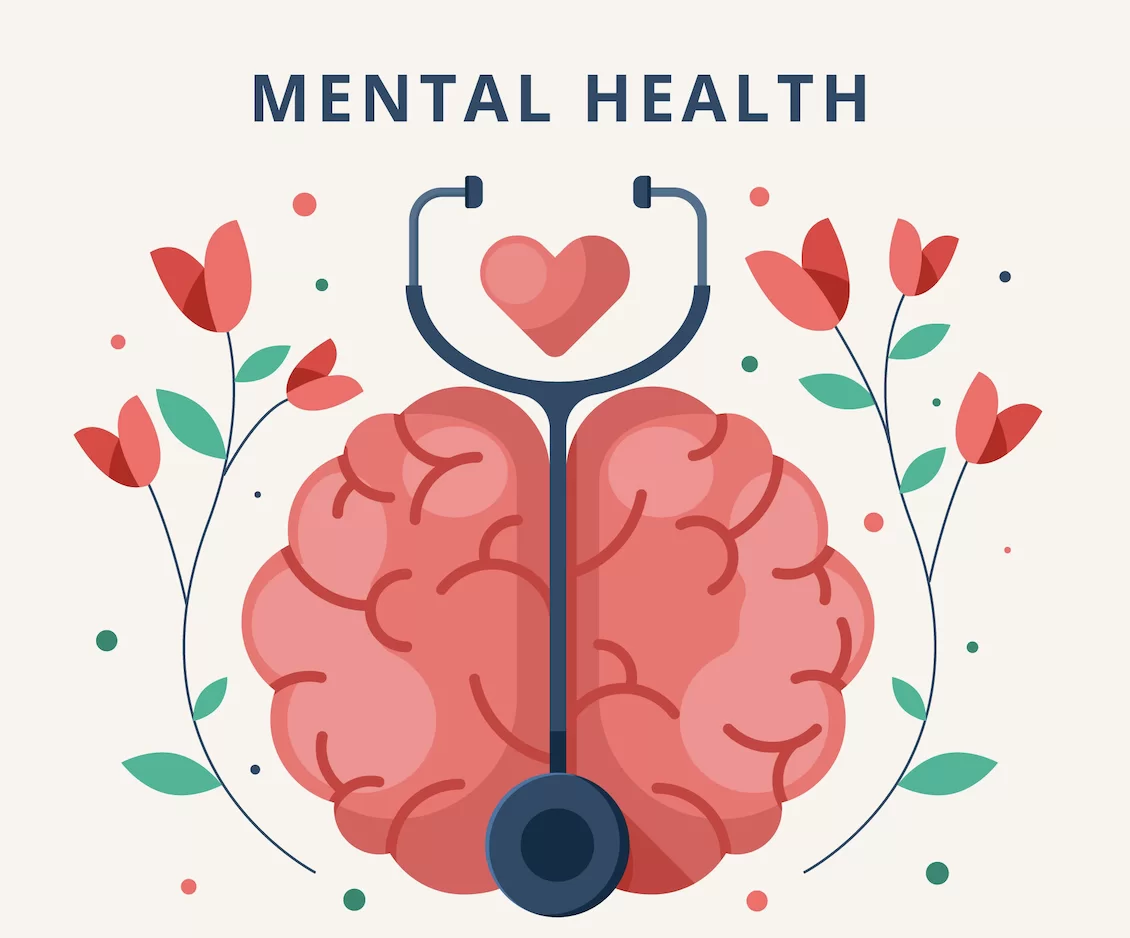Mental health interventions have become an essential component of overall healthcare, recognizing the intricate relationship between mental wellbeing and physical health. The World Health Organization (WHO) emphasizes that mental health is fundamental to a person's overall health, influencing how individuals think, feel, and act. Effective mental health interventions can significantly improve the quality of life for individuals, families, and communities. With the increasing prevalence of mental health disorders worldwide, such as depression and anxiety, the need for accessible, evidence-based interventions has never been more pressing.
Historically, mental health interventions have evolved significantly, from institutionalized care to community-based services, reflecting a shift towards more holistic and patient-centered approaches. This evolution is underpinned by advances in psychological research, neurosciences, and public health policies. Modern mental health interventions are designed to be multifaceted, addressing not only the symptoms of mental health disorders but also their underlying causes, including social determinants and environmental factors. The integration of technology, such as telehealth services, has further expanded the reach of these interventions, making mental health support more accessible to diverse populations.
Key Points
- Early intervention is critical in managing mental health disorders, with timely support leading to better outcomes.
- Multidisciplinary approaches, combining psychological therapies with pharmacological treatments, offer comprehensive care.
- Community-based interventions focus on prevention, promoting mental wellbeing through education and social support.
- Technological innovations, such as digital therapies and mobile apps, are transforming the delivery of mental health services.
- Cultural sensitivity and adaptability are essential in designing interventions that meet the diverse needs of global populations.
Types of Mental Health Interventions

Mental health interventions can be categorized into several types, each addressing different aspects of mental health and wellbeing. Psychological therapies, including cognitive-behavioral therapy (CBT) and psychodynamic therapy, are widely used to treat a range of mental health disorders. These therapies help individuals understand and change their thought patterns and behaviors, promoting healthier coping mechanisms and improved mental health outcomes. Pharmacological interventions, involving the use of medications such as antidepressants and antipsychotics, are often used in conjunction with psychological therapies to manage symptoms of mental health disorders.
Psychological Interventions
Psychological interventions are grounded in psychological theories and are designed to help individuals manage their symptoms, improve their mental health, and enhance their quality of life. Cognitive-behavioral therapy (CBT) is one of the most commonly used psychological interventions, focusing on the interconnection between thoughts, feelings, and behaviors. By identifying and challenging negative thought patterns and beliefs, individuals can learn to manage their symptoms more effectively and develop more adaptive coping strategies. Mindfulness-based interventions, which emphasize the importance of being present in the moment and fully engaging with one’s experiences, have also gained popularity for their potential in reducing stress and improving mental wellbeing.
| Type of Intervention | Description | Evidence Base |
|---|---|---|
| Cognitive-Behavioral Therapy (CBT) | A problem-focused approach that aims to identify and challenge negative thought patterns and beliefs. | Strong evidence supporting its effectiveness in treating depression and anxiety disorders. |
| Psychodynamic Therapy | An approach that explores the unconscious feelings and thoughts and their influence on behavior. | Moderate evidence supporting its use, particularly for treating personality disorders and complex mental health issues. |
| Family Therapy | A type of therapy that involves the entire family in the treatment process, focusing on improving communication and solving problems together. | Strong evidence supporting its effectiveness in treating mental health disorders that affect family dynamics, such as substance abuse. |

Implementing Mental Health Interventions

The implementation of mental health interventions requires careful planning, coordination, and evaluation. It involves not only healthcare professionals but also community leaders, policymakers, and individuals themselves. Community-based initiatives play a crucial role in promoting mental health, as they can reach a wide audience and foster a sense of community and support. These initiatives can include public awareness campaigns, educational programs, and support groups, all of which contribute to reducing stigma and encouraging help-seeking behaviors.
Challenges and Future Directions
Despite the advancements in mental health interventions, several challenges persist. One of the significant challenges is the global shortage of mental health professionals, particularly in low- and middle-income countries. This shortage limits access to care and underscores the need for innovative solutions, such as task-shifting and technology-based interventions. Additionally, stigma and discrimination against individuals with mental health disorders remain prevalent, hindering their ability to seek help and reintegrate into their communities. Addressing these challenges will require sustained efforts from governments, healthcare systems, and societies at large to prioritize mental health and ensure that interventions are accessible, affordable, and effective for all.
What are the most effective types of mental health interventions?
+The most effective interventions often combine psychological therapies, such as CBT, with pharmacological treatments, tailored to the individual's specific needs and disorder.
How can mental health interventions be made more accessible?
+Accessibility can be improved through the use of technology, such as telehealth services and mobile apps, and by integrating mental health services into primary care settings.
What role does community play in mental health interventions?
+Community plays a vital role in promoting mental health, providing social support, reducing stigma, and facilitating access to care through community-based initiatives and programs.
In conclusion, mental health interventions are a critical component of healthcare, offering a range of strategies to prevent, diagnose, and treat mental health disorders. The effectiveness of these interventions can be enhanced by tailoring them to individual needs, leveraging technology, and fostering community support. As the global community continues to navigate the complexities of mental health, prioritizing accessible, evidence-based interventions will be crucial in promoting mental wellbeing and improving the quality of life for individuals and communities worldwide.



